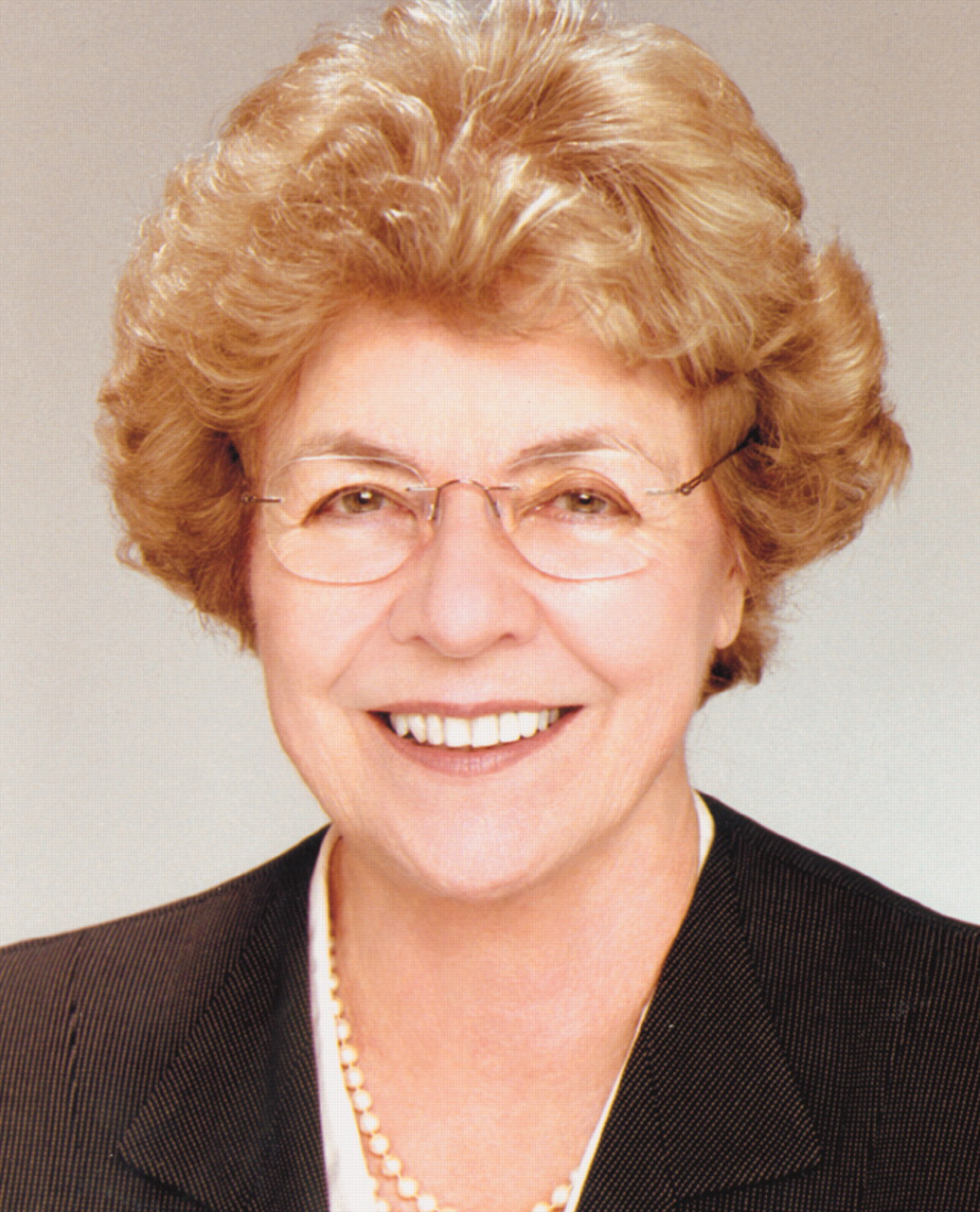When Our Patients Die

The story is not unique. A young man (whom I will call Joe) with a psychotic disorder stops taking his medication and becomes delusional. He threatens his family and then the police. Although Joe is a small and slightly built man, in the eyes of the SWAT team he appears frightening and dangerous. Of course they can’t hear the voices or see the imagined demons that he is trying to fend off with his machete. Fearing for their lives, the SWAT team shoots and kills him.
The newspaper article didn’t mention that Joe was being treated in a public clinic by a psychiatrist who was devastated when she heard the news. The psychiatrist had worked with care and skill trying to help Joe accept his illness. She had met with the family, telephoned to encourage him to come in when he missed appointments, and looked for ways to ensure that he took his medication. She knew that Joe would benefit from and be safer with inpatient psychiatric care, but access to hospitalization was not available, so she struggled to make the best of the situation. This psychiatrist, like all of us, now will have to live with the psychological aftermath of a patient’s death. This is especially difficult when one feels the death might have been preventable in a world with unfettered access to care.
A patient’s death by violence or suicide is psychiatry’s nemesis. Several APA practice guidelines remind us that even with the best possible treatment, some patients will still commit suicide. This is small comfort when it is your patient, but such is reality. Similarly, it is also reality that if one works with the seriously mentally ill, the risk of losing a patient in a violent incident is a significant possibility. For other specialists it may be the unstoppable bleed, failed chemotherapy, or a ruptured appendix, but for psychiatrists our medical tragedy is most often a patient’s death by suicide or violence.
Every psychiatrist I have known feels stricken when a patient dies by his or her own hand. Do they talk about it? Usually they do not. Often we don’t write about it, and we don’t discuss it much with colleagues.
Shanafelt and colleagues wrote a thoughtful article on physician grief, titled “When Your Favorite Patient Relapses: Physician Grief and Well-Being in the Practice of Oncology,” which appeared in the July 2003 Journal of Clinical Oncology. They stated, “[A]lthough much has been written about the grieving process of patients and their families, little is known about physician grief. As a professional caregiver, the physician is expected to be an honest, compassionate, and knowledgeable guide who is able to advise and comfort patents and families in their most desperate hours. But physicians are no less human than others. In fact, many have been drawn to medicine through their sensitivities to the needs and suffering of others.”
We are not immune to the reactions of grief and sorrow that affect our patients and their families. Following our initial sense of shock, there may be anger and depression. Reactions may include remorse, guilt, and self-recrimination. Often there is a torrent of “what if” thoughts: “What if I had only done this or that?”
How should we best prepare ourselves and our students for such a cataclysmic event? Psychiatric residents, and particularly those early in their career, are among the most vulnerable. Talking with program directors around the country, I’ve learned that many include discussion of these issues at various stages of training, beginning with the initial orientation. In the first year there may be monthly group meetings to process whatever tragic events have occurred. Sometimes this becomes an ongoing process extending throughout the four years of residency. Opportunities such as this allow trainees not only to express their reactions openly, but also to experience the helpfulness of colleagues and consultations in the face of devastating clinical experiences. This has an effect on the current situation and on the rest of one’s professional career.
Although our primary professional desire is to heal, it is an important part of professional maturity to recognize that there may come a time when no matter how hard we try, the patient’s illness will defeat us. That is a time to turn to our colleagues, consultants, and ourselves to appreciate the natural effect this will have on our own inner lives. ▪



